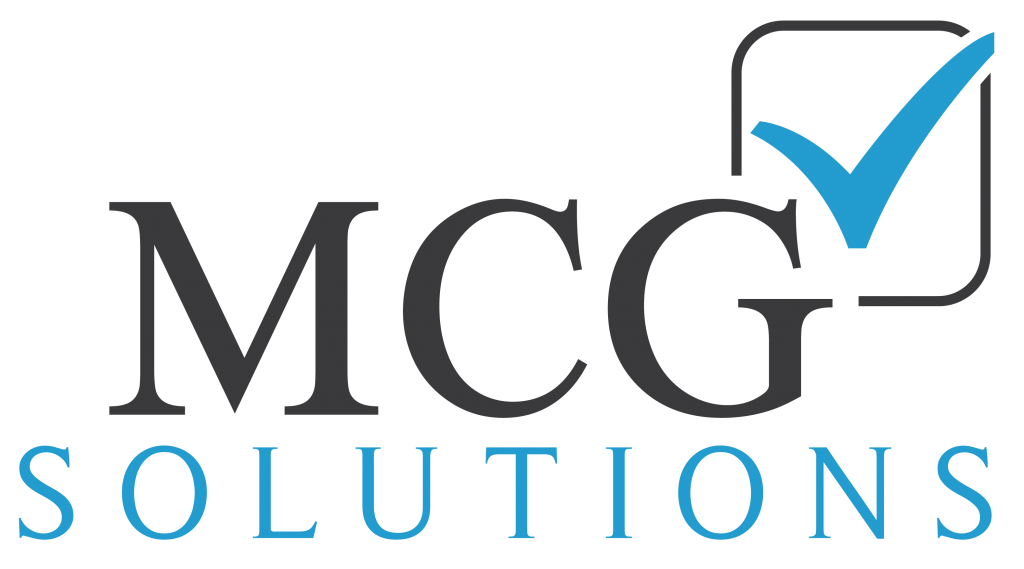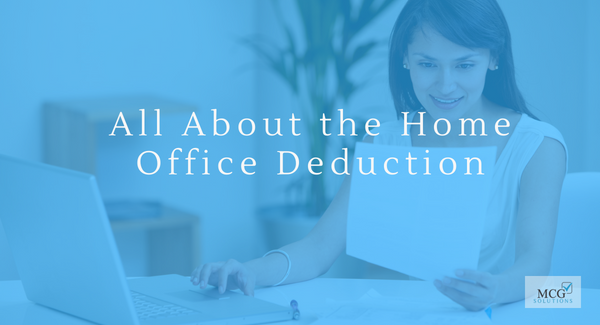If you have an office in your home that you use for business purposes, you may be able to deduct some expenses for the business use of that space on your income taxes. The home office deduction is available to anyone who owns or rents a home, no matter what type of home it is.
In previous years, people claiming the home office deduction had to determine the actual expenses associated with their home office, including insurance, utilities, mortgage interest, repairs and depreciation of assets. These deductions would be based on the percentage of your home you have devoted to business use.
Since 2013, however, there is a simplified option that removes some of the more complex calculation and substantiation requirements that proved overly cumbersome to small business owners. This new option reduces the amount of record keeping you need to perform for your home office, allowing taxpayers who qualify for the deduction to multiply a prescribed rate by the allowable square footage of the home office rather than determining the actual expenses associated with that office.
Determining your eligibility for the home office deduction
There are two primary requirements for your home to qualify as a deduction: it must be used regularly and exclusively for business, and it must be the principal place of your business.
“Regular and exclusive”
You must use your home office on a regular basis, and that home office can only be used for conducting business. It can’t also be used for other purposes, such as entertaining or as a bedroom. The most common scenario is when people have extra rooms in their home they dedicate for use in their work.
You can also deduct expenses for separate, free-standing structures on your property as long as they are used exclusively and regularly for business purposes. Examples include studios, barns and garages.
“Principal place of business”
You must be able to demonstrate you use your home as your primary place of business. If you do conduct business somewhere outside of your home but also make substantial and regular use of your home office, you can still qualify for the deduction.
Let’s say you perform most of your office work in your home, but will occasionally meet with clients, colleagues or vendors in third-party locations. You will still qualify for the home office deduction so long as you meet the “regular and exclusive” requirement.
What if you’re an employee?
You don’t have to run your own business to qualify for the home office deduction. If you are an employee, you can qualify for the deduction if you meet the conditions of the above tests, plus:
- The way you use your home office is for the convenience of your employer
- You do not rent any part of your home to your employer
For more information about the home office deduction and whether or not you qualify for it, contact our team at MCG Solutions today and we’ll be pleased to answer your questions.

